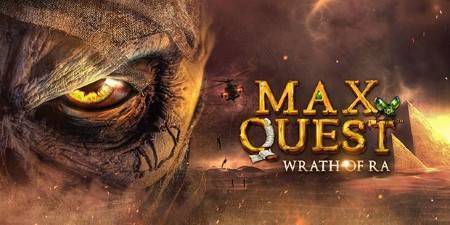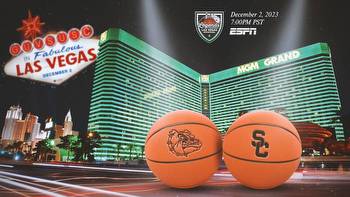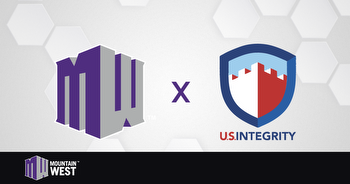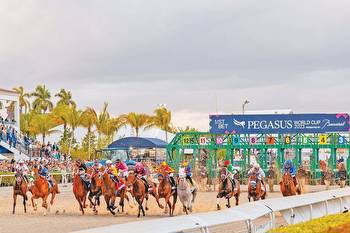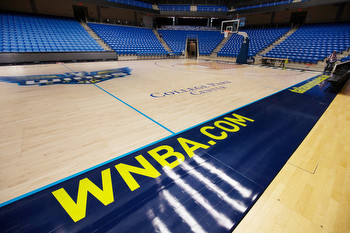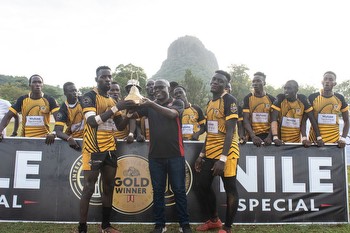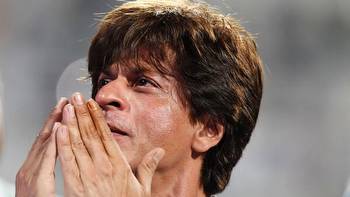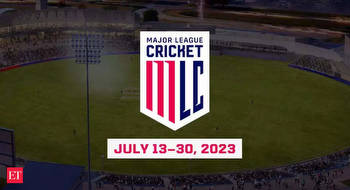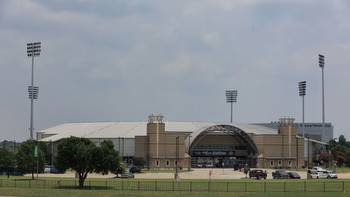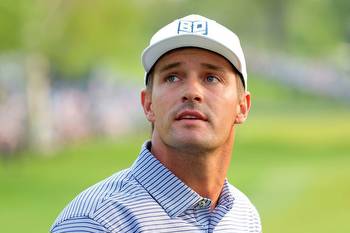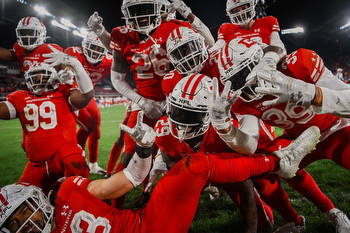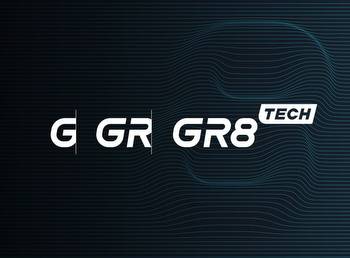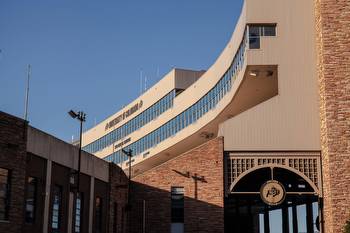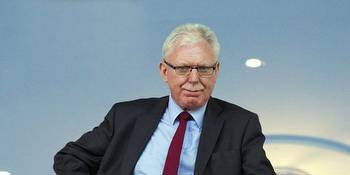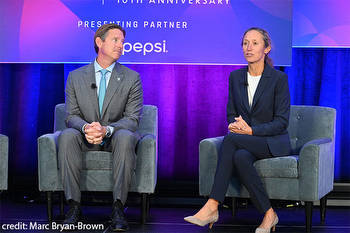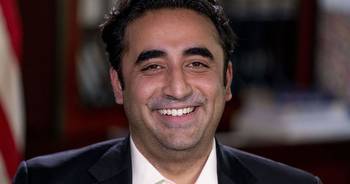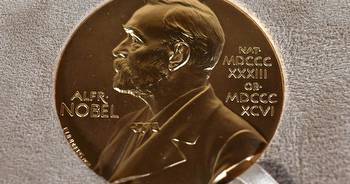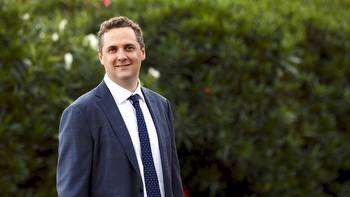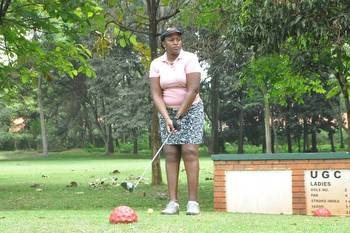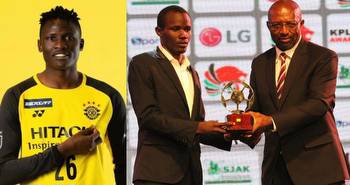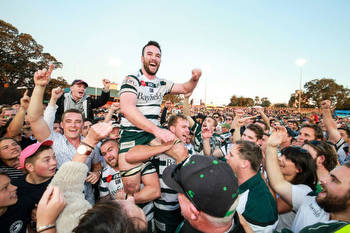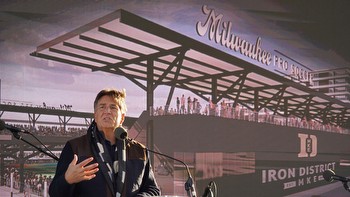Meet the man behind Old Glory DC, the region's rugby team
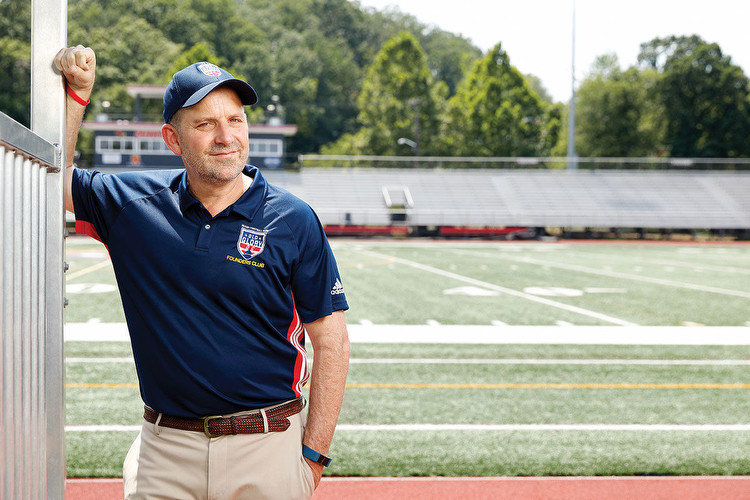
Nationals baseball. Redskins football. Capitals hockey. D.C. United soccer. Wizards basketball. Not to mention Mystics, Valor, Kastles, Spirit and Divas. Does the National Capital region really need another professional sports franchise?
Paul Sheehy thinks so. He and his partners believe the time is right to finally bring professional rugby football to the attention of an admissions-paying audience, and if he’s as good at selling rugby as he is at selling cars, Old Glory DC will be cruising at top speed in no time, with Sheehy and company behind the wheel. And, he’s counting on the rugby community to come through.
Chances are you know the Sheehy family name, and odds are very good you’ve purchased a car or truck from them in the last 53 years. The 2,000-employee business—with a footprint ranging from Richmond to the south to White Marsh, Maryland, to the north—is co-owned by Paul, used vehicle director; brother Vincent, the CEO; and sister Ann Fowler, director of real estate. Theirs is a 22-dealership empire that began with a single outlet opened by their late father, Vincent Sheehy III, in 1966. Last year, the company, with headquarters in Fair Lakes, did $1.6 billion in sales.
Paul and his siblings worked in the family business from the ground up, doing various jobs at the dealerships. After graduating from Gonzaga College High School (generations of the Sheehy males have attended the school since 1888), Paul studied at Fairfield University, a small liberal arts Jesuit college in Connecticut that happened to have one of the most impressive things the young Sheehy had ever seen: A pristine rectangle of grass dedicated to the rugby club.
A golfer and soccer player, Sheehy was lured by the field to try out for the team. He made the squad as a wing and fullback despite never having played. Like many who take up rugby, he took to the game immediately, enjoying the competitive nature, the full-contact aspect and the fact you could carry the ball, as well as tackle the ball carrier. Most importantly, he found friends. He found like-minded scholars and athletes. He found a community.
After college, he continued his rugby career with the Washington Rugby Football Club where a rugby connection—there have been many in his life—hooked him up with a job as a personal assistant to Massachusetts Sen. Ted Kennedy, himself a rugby player at Harvard University.
It turns out, Sheehy was pretty good at the sport. In 1991, Sheehy made the national all-star USA Eagles’ Rugby World Cup team that would play in the United Kingdom and France, a herculean leap from recreational play. With the Washington RFC, he helped win Potomac Rugby Union and East Coast championships and toured California, in 1991, where he met his future wife, Nicky—another rugby connection—in San Francisco. She joined him during his stint in rugby-hotbed Australia, where he was the unlikely Yank on the first-string team of the Manly Rugby Football Club in suburban Sydney.
Eventually, in 1993, the demands of growing the Sheehy Auto Sales business, as well as having a young family—there are four children—finally convinced him to hang up the rugby boots and focus on new priorities.
But 13 years later, with a son playing at national rugby powerhouse Gonzaga, “I got the bug again,” he says. He started coaching at the youth level and then at Gonzaga; he began sponsoring multiple local youth teams and the Potomac Rugby Referee Society. He was back in the rugby community.
The Biggest Rugby Connection
In the spring of 2018, Sheehy volunteered to serve on the host committee for a rare professional international “test” match set to be played at RFK Stadium in Washington, pitting Wales against South Africa. It was at a welcome reception at the South African embassy that Sheehy met another committee member, Chris Dunlavey, who, as happens in the rugby world, had probably tackled each other on the rugby pitch and shared a beverage at the post-match social for decades.
“It’s a little ironic that we’d both been on the local rugby scene 30 years but had never actually met,” Dunlavey says.
Dunlavey, who lives in Great Falls, began his rugby career after college with Washington Irish Rugby Football Club in 1989—“I got the bug right away,” he says, in a familiar refrain. He’s president and a founder of Brailsford & Dunlavey, which he describes as “a large-scale facility development, program management” firm with nine offices around the country. They develop and build universities and schools, government buildings and stadiums and sports complexes around the country. He spent five years of his life helping develop Nationals Park, home of the Washington Nationals MLB team.
As it happened, Major League Rugby, which successfully kicked off in 2018, was looking to expand east, and an MLR board member contacted Dunlavey about his possible involvement. Sheehy also was intrigued. Both business executives had epiphanies the day in June when Wales beat South Africa in the final minutes at RFK Stadium in front of a reported 24,000 spectators. On the same weekend, another 20,000 spectators were in Philadelphia watching the Penn Mutual College Rugby Championships at Talen Energy Stadium.
“When we saw some 40,000 people in our market watching rugby that day, we took it as a great sign of the market here,” says Dunlavey, who, at 53, still plays with the Washington Irish and the Wild Geese over-35 rugby club.
Both men got out their checkbooks and signed checks that added up “well into seven figures,” Sheehy says. “These are personal investments,” Dunlavey says of the buy-in. “And, can I add, that I am extremely lucky that Paul Sheehy is such a fantastic partner … We wouldn’t be doing this for any other sport.” Seeing a viable development tool for players and audience, the Scotland Rugby Union quickly took a 30% stake as a non-controlling partner.
Old Glory DC played four exhibition games in May and June at Catholic University and hopes to also play the 2020 inaugural season beginning this winter at the university. Plans for a 5,000-seat “championship stadium” to call their own was always a priority, Sheehy says.
Anyone know someone who builds stadiums? Oh, right: Dunlavey.
Pro Rugby Kicks Off
Rugby was first played in 1823 but did not turn professional until 1995. Rugby union, as it’s called, was played by fiercely proud amateurs around the world for 172 years before a player or referee was paid a penny. That includes three Rugby World Cup tournaments taking place on globally televised stages and in sold-out arenas.
It would be another 24 years for the first professional game by a team that calls Washington, DC, home to finally happen, almost 200 years after the sport was codified at Rugby School in England. The era of local pro rugby began when some 2,500 spectators piled onto the aluminum grandstands and packed the grass parking area of the tailgate section of Cardinal Stadium on a sunny Sunday afternoon in May to watch the newly minted hometown team take on the visiting Irishmen of Shannon Rugby Football Club. Old Glory DC nearly won the game, coming from behind, 26-22. “Exceeded expectations,” Sheehy said after the match about the crowd reaction.
The players, affectionately called “the Glory Boys,” were selected after a national search involving four “combines,” where players tried to impress coaches with their skills. The players were drawn from the hundreds of amateur recreational rugby clubs and college programs around the country, and if there was a measure of desperation in their tryouts, it was because opportunities to be paid to play are obviously scarce. Sheehy said the range is $15 an hour for trainees to $45,000 for a six- or seven-month season for top players. House and car payments may be added as incentives and Sheehy says those salaries are sure to increase as the league gains an international foothold.
Sponsorships are key to the success of any professional athletic endeavor, but Sheehy and Dunlavey were looking for like-minded partners, not just advertisers—they were looking for community. Reston-based defense contractor Leidos, also a major sponsor of MLS’s D.C. United, signed on early thanks to rugby fans in the C-suite.
Jason Figley, a partner at network security and IT engineering firm Iron Vine Security, was a long-time player for the Northern Virginia Rugby Club. His son plays at collegiate rugby power, The University of Arizona.
“For Iron Vine, we love the concept,” Figley says under the VIP tent at the last Old Glory DC exhibition match, a victory against the visiting Ontario Blues. “We love everything Old Glory stands for, what rugby stands for, in terms of virtues, dedication, commitment. And those are the things that make the core of the Iron Vine company.”
Investing sponsorship dollars into a new professional franchise requires a leap of faith, to be sure, but “we think the Old Glory management is pretty stable, from our perspective,” Figley says. “They seem stable enough and have enough of a plan to have us put some skin in the game. We understand it’s ‘niche-y,’ but we like it. This is our community—rugby’s the core of our company; we’ve had a lot of rugby people with us over the years. For us, it was the right play.”
Stanislas Vilgrain is chairman of Sterling-based food service company Cuisine Solutions, the leading provider of foods prepared in the sous vide method. In addition to operating five plants around the world, the company is the maker of the popular Starbucks “egg bites,” made fresh in Alexandria each day.
Vilgrain is also a rugby player, beginning in college at the Universitè Paris Dauphine and continuing to now, at age 60. He even has his own rugby field on his farm in Aldie, where he hosts day-long tournaments for youths to “old boys” (seniors). It’s his company’s logo at the center of the Old Glory DC game jerseys, making Cuisine Solutions the name sponsor.
“I love rugby and I think it’s great for business,” he says. “I always wanted to be involved with a rugby team in the U.S.”
Like Sheehy, he’s played against Dunlavey for years but did not know him personally. Once he had a sit-down with Dunlavey and Sheehy, “I knew if we work well together, we can make a great company. I think they and their partners and coaches are doing a fine job.”
Vilgrain sees the Old Glory DC management bringing the same ethos to the club as he brings to his games and his company. “We look for 100% commitment,” he says. Old Glory DC, he says, “seems to be the kind of culture we like.”
Sports franchises are notoriously fragile investments, but Sheehy has faith.
“For me, cars, rugby and family—not in that order by any means—have been very good to us,” he says. “Old Glory is the next phase of this, and I think it can be a success, because of the community.”
Glory Be! Behold, the Big Glory
The Northern Virginia region’s first professional rugby team, Old Glory DC, is the only team in the 12-team Major League Rugby with its own signature sandwich. Created by the Sterling-based sous vide company Cuisine Solutions, the whole-barnyard concoction is prepared on site at games using three kinds of sous vide proteins, and is sold at games for $16. “It’s abundant, it’s generous, it’s powerful,” says Cuisine Solutions chairman and CEO Stanislas Vilgrain. “Kind of like a rugby team.”
Here’s what’s in it:
Ingredients from the bottom up:
- Dollop of garlic aioli
- 4 dill pickle slices
- Red onion slices
- 3 oz. seared sliced beef sirloin
- 3 oz. grilled sliced chicken breast
- White cheddar slice
- 3 oz. pulled pork
- Scoop of fresh coleslaw
This post originally appeared in our September 2019 print issue. Want to know all about the people who are making a difference in the NoVA community? Subscribe to our
